Contact the Parish office 616-241-4477
The Rite of Anointing tells us there is no need to wait until a person is at the point of death to receive the Sacrament. A careful judgment about the serious nature of the illness is sufficient. The Sacrament may be repeated if the sick person recovers after the anointing but becomes ill once again, or if, during the same illness, the person’s condition becomes more serious. A person should be anointed before surgery or when a dangerous illness is the reason for the intervention (cf. Rite of Anointing, Introduction, nos. 8-10).
The priest lays his hands on the head of the sick person. He then proceeds to anoint, with the blessed Oil of the Sick, the forehead and hands of the sick person (in the Roman Rite). He accompanies these acts with the words, “Through this holy anointing may the Lord in his love and mercy help you with the grace of the Holy Spirit. May the Lord who frees you from sin save you and raise you up” (CCC, no. 1513). For those who are about to depart from this life, the Church offers the person Penance, Anointing of the Sick, and the Eucharist as Viaticum (food for the journey) given at the end of life. These are “the sacraments that prepare for our heavenly homeland” (cf. CCC, no. 1525).
This sacrament is offered once per year at Mass And whenever needed.
